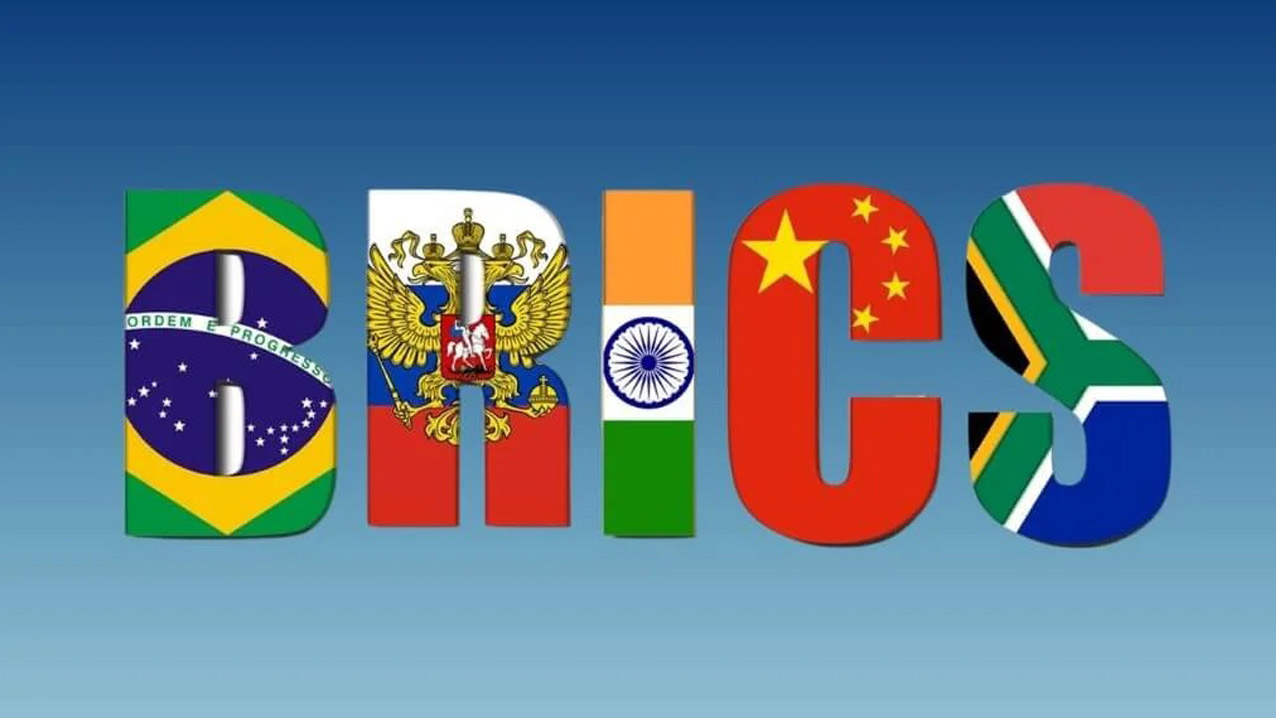The 2024 BRICS summit marks the sixteenth annual gathering of this influential international relations forum, attended by the leaders of the five founding member nations: Brazil, Russia, India, China, and South Africa, alongside new entrants Egypt, Ethiopia, Iran, and the United Arab Emirates. As BRICS solidifies its role as a formidable economic bloc, it has the potential to significantly change the landscape of global economics.
BRICS is promoting the use of local currencies for trade among member nations, reducing reliance on the US dollar. Apart from this BRICS’ New Development Bank (NDB) offers an alternative to Western-dominated institutions like the IMF and World Bank. By including resource-rich countries like Saudi Arabia and Argentina, BRICS aims to strengthen trade among emerging markets.The inclusion of oil producers like Saudi Arabia will allow BRICS to influence global energy markets, potentially shifting control away from traditional Western-aligned groups.
In conclusion, BRICS is poised to significantly reshape the global economy by promoting a multipolar world that challenges traditional Western dominance. As this bloc expands and strengthens its influence, it fosters greater cooperation among nations, ultimately leading to a more balanced and equitable global economic system. The evolution of BRICS underscores the shifting dynamics of global power and the growing importance of collaboration among developing economies in addressing shared challenges. BRICS is fostering a multipolar world where global economic power is more evenly distributed among regions, challenging the dominance of the US and Europe.
Author: Ms.Aashna Gupta, Student Economics honors with Political Science, Motilal Nehru College, University of Delhi
Disclaimer – The views and opinions expressed in the commentaries/blogs/articles are those of the authors and do not necessarily reflect the official policy or position of the Forum for Global Studies.

